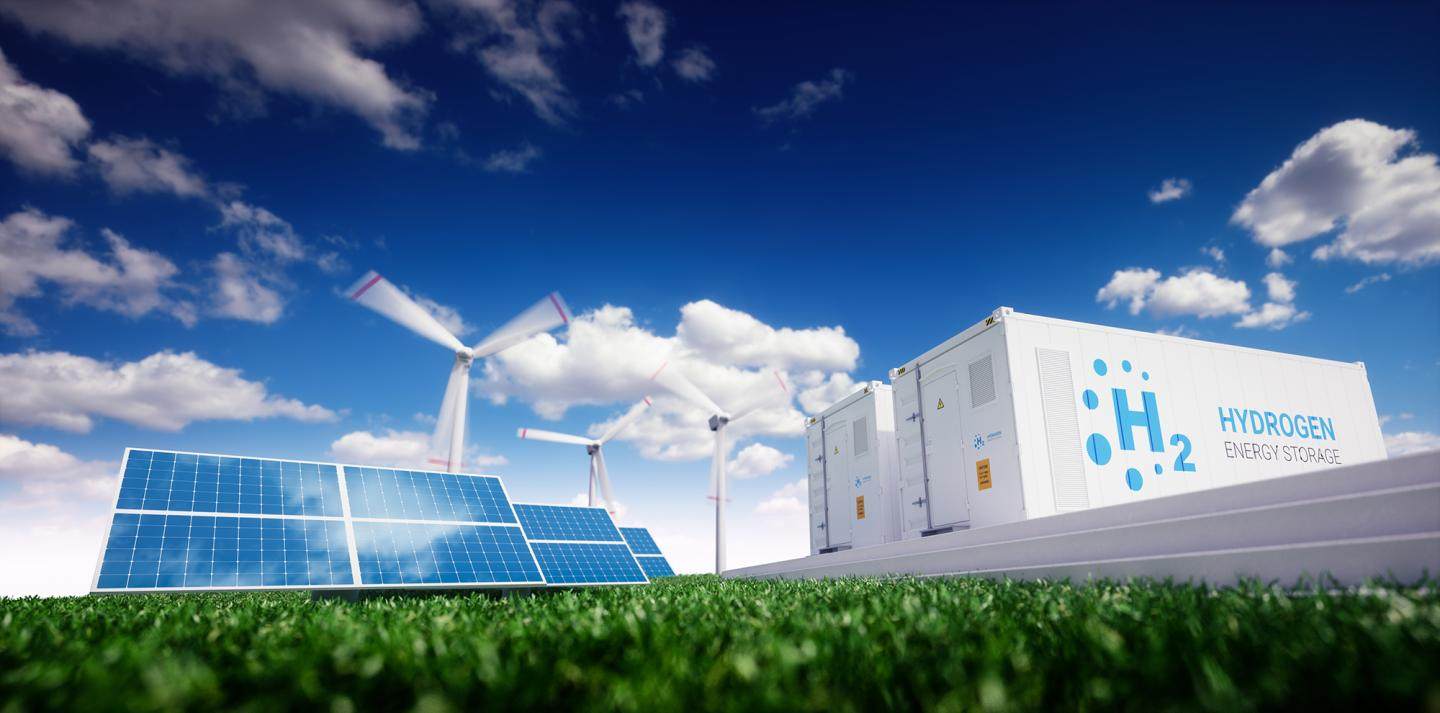A major challenge for energy-intensive industrial production processes is to make existing heating processes carbon-free. As electrification is often not an option, a fast and sustainable route to reduce the carbon intensity for industrial heating processes is to substitute natural gas by green hydrogen. Despite great interest, the existing burner control technology to decarbonize industrial production processes are not yet market-ready. Therefore, Nedmag has made its location available for testing with hydrogen. The first field demonstration, led by DNV GL and other partners, will take place in the fourth quarter of 2020.

Unique industrial collaboration
A major challenge for energy-intensive industrial production processes is to make existing heating processes carbon-free. As electrification is often not an option, a fast and sustainable route to reduce the carbon intensity for industrial heating processes is to substitute natural gas by hydrogen. DNV GL has launched an international industry consortium in collaboration with Dutch glass production expert company Celsian to develop the technology required for a gradual transition from natural gas to hydrogen as a fuel in energy-intensive industrial production processes. The industry consortium comprises more than 30 private and public partners throughout the hydrogen value chain, including industrial end users, technology suppliers, fuel suppliers and traders, gas transport companies, knowledge institutes and the Dutch government. Nedmag is part of this consortium.
First hydrogen pilot at Nedmag
The industry consortium looks at how the new technology can best be integrated in industrial processes of participating companies and hydrogen value chains. Moreover, to gather practical experience, field demonstrations are conducted in various industrial environments. The first field demonstration will take place in the fourth quarter of 2020 on the site of Nedmag in Veendam (NL). At Nedmag, magnesium salt is processed using high-temperature processes. Preparations for this test have already started. By the end of 2020, an installation at the plant will be expected to be able to run on hydrogen obtained from the nearby Gasunie Hystock hydrogen production plant in Zuidwending. Using hydrogen as af fuel in the nearby future will be a bumpy road. Green hydrogen is still too expensive and not yet available in large quantities.
From ambition to reality
The two-year programme is an unique collaboration in the introduction of hydrogen as a fuel for industrial use, aiming to contribute fundamental improvements to existing industrial heating processes to make the gradual transition from natural gas to hydrogen fast and cost-efficiently. The programme provides an important building block for the successful rollout of the sustainable hydrogen value chain. Three important principles must be considered when switching from natural gas to hydrogen. Firstly, it is crucial that product quality is not affected. Secondly, security of supply during the transition is important - in other words, an end-user always wants to be able to switch back (temporarily) to natural gas. Finally, the solution should be relatively easy and cost-effective to integrate into existing installations.
“Hydrogen is in the spotlight while the energy transition is moving at pace - and rightly so. But to realize its potential, both government and industry will have to make bold decisions. The challenge now is not in the ambition, but in changing the timeline: from hydrogen on the horizon to hydrogen in our homes, businesses and transport systems,” said Liv A. Hovem, CEO, DNV GL - Oil & Gas.
Nedmag's energy transition
Go to this page for more information about the hydrogen project and our roadmap towards becoming fully independent of fossil fuels by 2035.